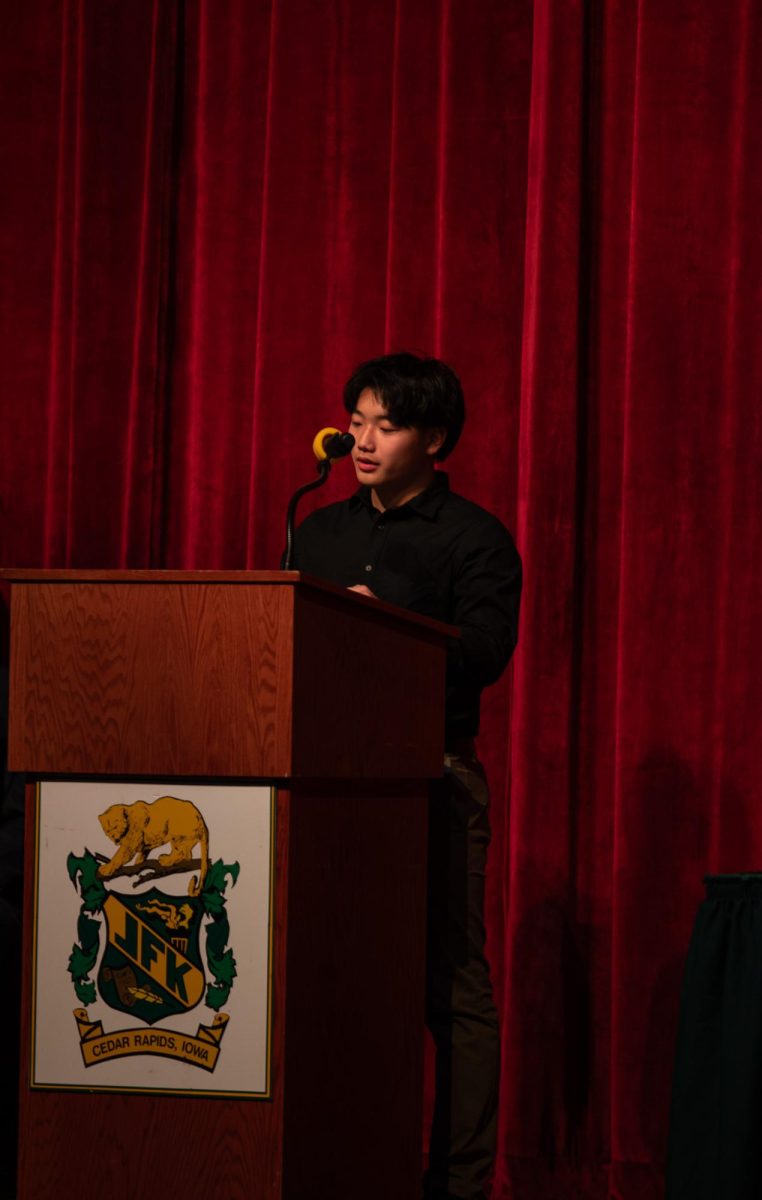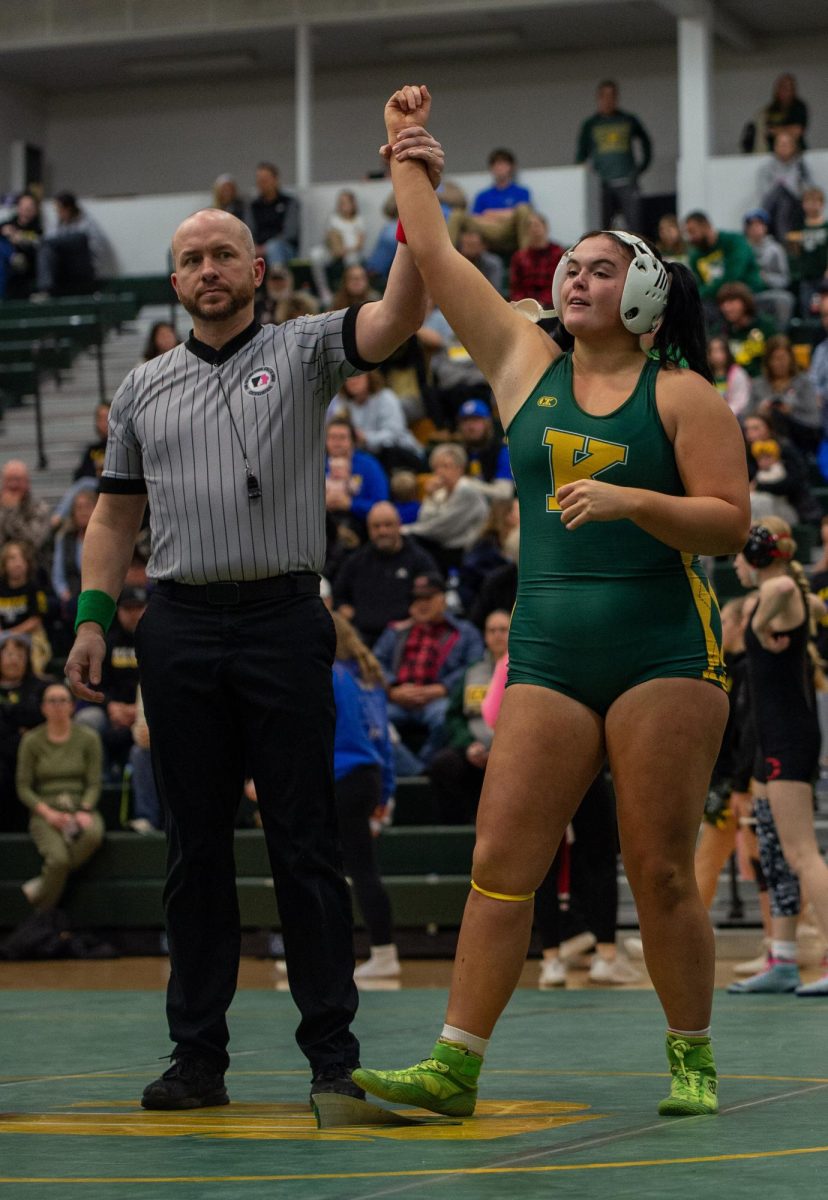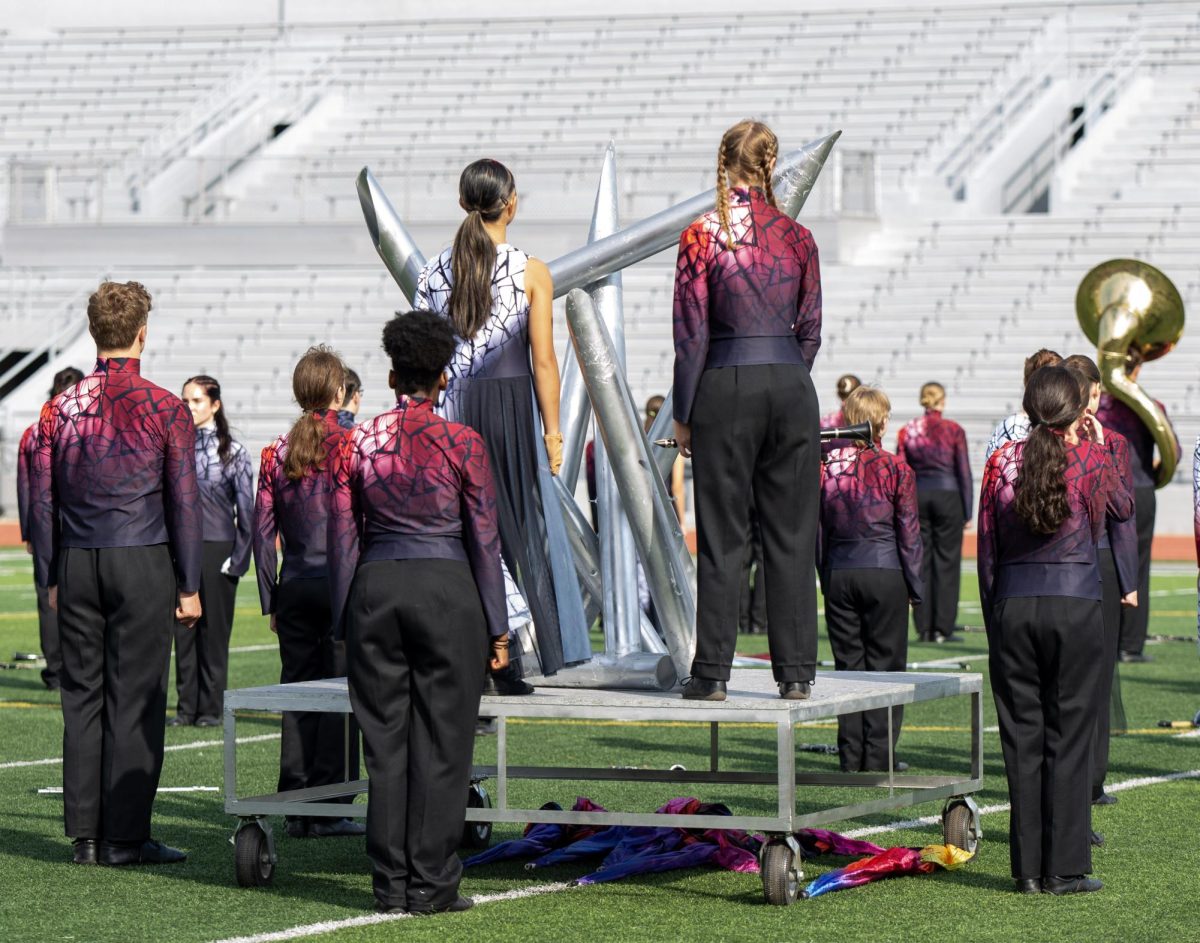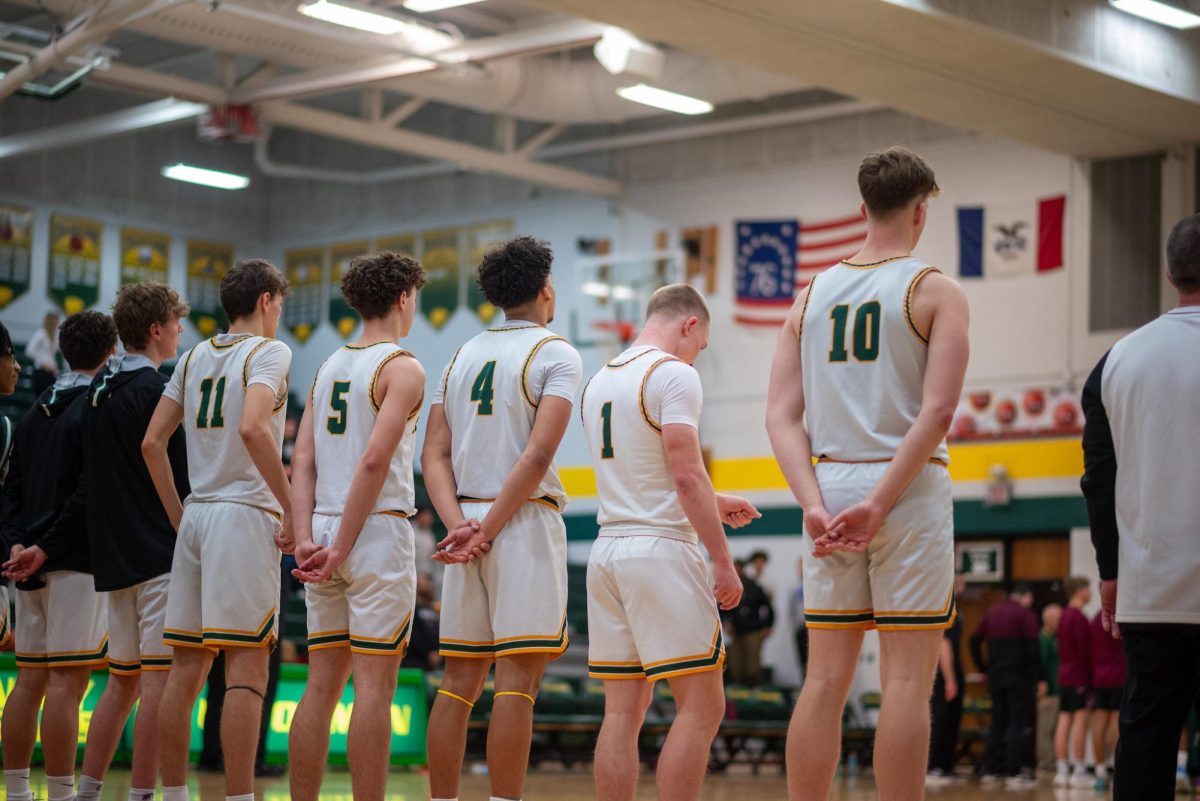Shelby Tigges 20 Time Project: Discussing White Privilege
May 2, 2017
The following excerpts are part of a school project conducted by Kennedy student Shelby Tigges. Tigges approached The Torch as a platform to share her 20 Time Project, a school assignment in which she was to spend 20 percent of her time working on a project. Tigges’ task was to show that respectful yet vital dialogue can take place in a school setting, and that different opinions can be respected, evaluated, and shared with equal opportunity and merit. We appreciate the work provided by Tigges and encourage all students, staff, and members of the community to reach out to The Torch as a public forum to share and debate ideas. Submissions can be submitted for review of publication to JFKCougarMedia@gmail.com.
The Case for White Privilege:
As the debate over racism heats up and misconceptions plague Kennedy’s halls, it’s important to discuss what constitutes white privilege and how it’s something to not be ashamed, but aware of. Although there is no clear cut definition of white privilege, it can be summed up as the unearned societal benefits of being white. In no way was the concept meant to be malicious or made to dismiss hardships, economic or not, white people have faced, but to point out inequity. Peggy McIntosh points out in White Privilege: Unpacking the Invisible Knapsack various examples of advantages white Americans reap. These include being the “normal” race, knowing we’ll be represented in the media and in positions of power, having the ability to be in the company of people of our own race at anytime we want to, not having our actions being seen as reflections of our whole race, determining when something is a racial issue or not and making it be seen as more credible, and so much more. Another example of white privilege from Peggy McIntosh is white people having the ability to “worry about racism without being seen as self interested or self seeking.” In just writing this article, as a white individual, I don’t have to worry about being taken seriously or being seen as credible when writing about this racial issue. All of these social benefits really do give white Americans an edge when navigating daily life.
White privilege has its roots in America’s history of the genocide of Indigenous peoples, the forced enslavement of African peoples, and other institutionalized practices at the cost of other groups of people. In a statement, President Barack Obama said “that we have by no means overcome the legacies of slavery and Jim Crow and colonialism and racism.” This statement holds a lot of truth and should be contemplated. It is impossible for there to be no trace remaining of such a dark past when segregation wasn’t even a whole lifetime ago. Even today, there’s an overrepresentation of black men in prison. This system of mass incarceration has stripped many black men of their rights in many states, serving as an example of systemic bias still happening today. Many laws that are put in place today target minorities, such as the “War On Drugs” and voter ID laws that statistically hit communities of color the hardest. In order to end racism, a first step is to work at diminishing white privilege, rather than denying its existence.
Learning about and becoming more aware of white privilege is vital in its destruction. Those of us who identify as white should do research, have conversations with people with opposing viewpoints, and most importantly listen to people of color when they are talking about their life experiences. When white individuals attentively listen to people of color’s life experiences, it gives us opportunities to understand more deeply. Listening also can show us what to do and what not to do, enlighten us and allow us to grasp issues we do not face.
The notion of white privilege is rooted in a racist ideological fallacy, paramount to an unsubstantiated argument not supported by facts, logic, or reality. The very definition of racism, according to the Oxford English Dictionary, is the belief that “all members of each race possess characteristics or abilities specific to that race, especially as to distinguish it as inferior or superior to another race or races.” To suggest that all white people are inherently advantaged as a result of their skin color is to suggest that whites possess a specific characteristic individualized to their race that differentiates them as superior to other races. The term ‘white privilege’ is literally the dictionary definition of racist, and it can’t be argued otherwise.
My skin color does not earn me societal advantages; I don’t get discounted food at local restaurants, I don’t have the privilege of skipping to the front of the checkout line in the grocery store, I don’t experience the privilege of getting higher test scores or homework grades than others simply because of my skin color. To suggest the existence of an illusion as misleading as white privilege is to be ignorant of the individual experiences and motivations possessed by those labelled as ‘privileged.’ White privilege is a racist, nonexistent term used as an excuse for the shortcomings of others. The problem is, proponents of the term ‘white privilege’ rely on misleading statistics to support their explanations, such as the idea that minorities are over-represented in incarceration statistics. No, they aren’t, it’s because minorities constitute a disproportionate amount of crime. Blacks and Hispanics in American prisons now constitute over 58% of all prisoners, according to the NAACP (National Association for the Advancement of Colored People) despite comprising just 30.2 percent of the population. There is no statistical evidence whatsoever to suggest that these statistical disparities are a result of systematic racism among America’s law enforcement officials. In order to make a reasonable, respectable claim, one must support that claim with sufficient evidence.
I’m not denying that racism exists, but to suggest that there is institutional racism in the United States is ignorant of the facts. There is not law that permits active racism, and there are no government organizations that actively promote racist practices. I am not covering up for racist practices, I am merely stating that there is no statistical evidence to support the claims of leftists who believe we live in a racist society dedicated to holding back minorities. That notion is not supported by facts and there is no evidence to support that white privilege exists anywhere except in the delusional minds of the dystopian left. There is no legitimate statistical evidence to support the existence of white privilege. You can’t build an argument on a foundation of racism, and you can’t expect those ideas to be legitimately accepted without statistical evidence. White privilege is a racist fallacy that is used as an explanation for the shortcomings of others, and it doesn’t exist.
Editor’s Note: I strongly believe respectful dialogue is a realistic expectation in organized and unorganized debate. To my knowledge and understanding, this project was handled with the utmost respect and professionalism expected from myself and Shelby Tigges. I appreciate and encourage meaningful discussions between opposing groups because I believe it promotes diversity through practices of professionalism and respectful disagreement. It was a pleasure to work with Shelby and I hope projects like these will continue to promote a positive environment for acceptance of different opinions, regardless of who it comes from and what that opinion expresses.
Nathan Sheeley
The Torch does not officially endorse any of the opinions expressed above or on any other extension of our outlet, including the Newsmagazine and Web features. As a staff we respect the opinions of others and encourage respectful dialogue between students, faculty, and community members. We openly accept submissions to be reviewed and published, and pride ourselves in serving as the public forum for Kennedy High School and its community.


























